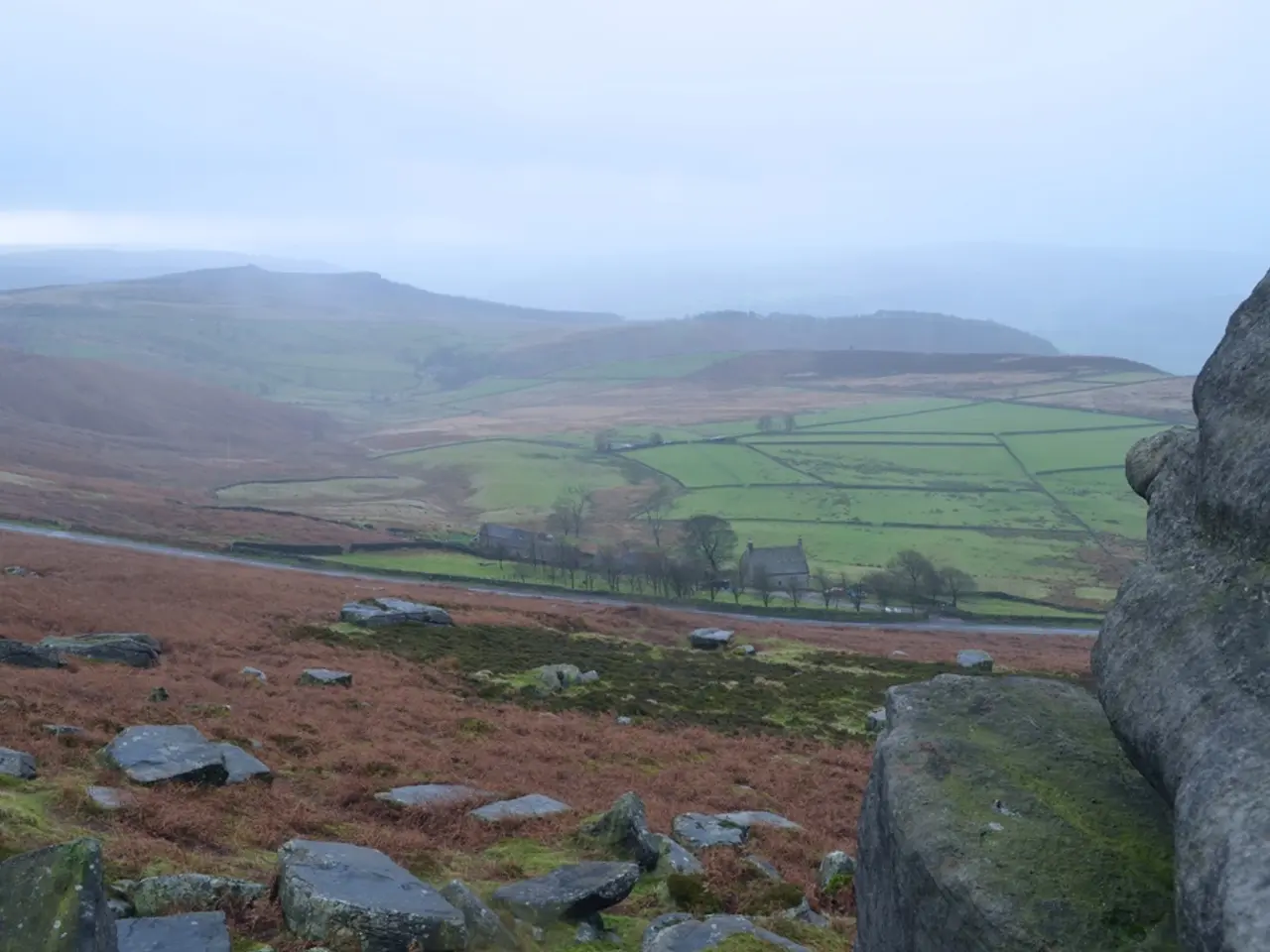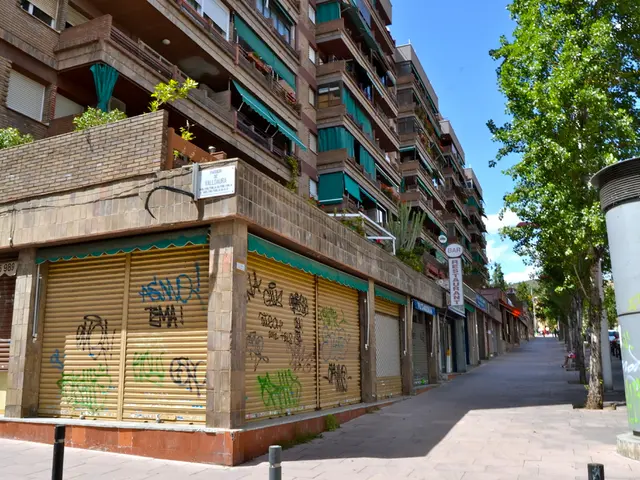Spain's Religious Landscape Shifts: Evangelicals Grow, Regions Diversify
Spain's religious landscape is evolving, with notable changes in the number and distribution of places of worship. The latest data reveals that certain regions and cities are home to the most places of worship per capita, while specific denominations, such as evangelical churches, are seeing growth.
In terms of population density, Vic in Barcelona, Ceuta, and Madrid top the list for having the most places of worship. Looking at provinces, Madrid, Barcelona, and Valencia lead in the number of non-Catholic places of worship. The Autonomous Communities of Catalonia, Andalusia, and Madrid also stand out for their high concentration of non-Catholic places of worship.
The growth of evangelical churches is particularly notable. From 2011 to 2024, their number has increased from 2,944 to 4,455, marking a significant rise. In 2024 alone, 96 additional evangelical places of worship were opened. The Observatory of Religious Pluralism in Spain reports that evangelical Christians now have the second-largest number of places of worship in Spain, after the Roman Catholic Church. This growth reflects a broader trend of religious pluralism in Spain.
Across Spain, there are now 30,949 places of worship in total, with one in four belonging to a denomination other than Catholicism. This shift is partly driven by an increase in atheists and agnostics, reflecting a changing religious landscape.
Spain's religious scene is diversifying, with certain regions and cities hosting the most places of worship per capita. Evangelical churches, in particular, have seen significant growth, contributing to a more pluralistic religious landscape. As atheists and agnostics also rise in number, Spain's religious makeup continues to evolve.








